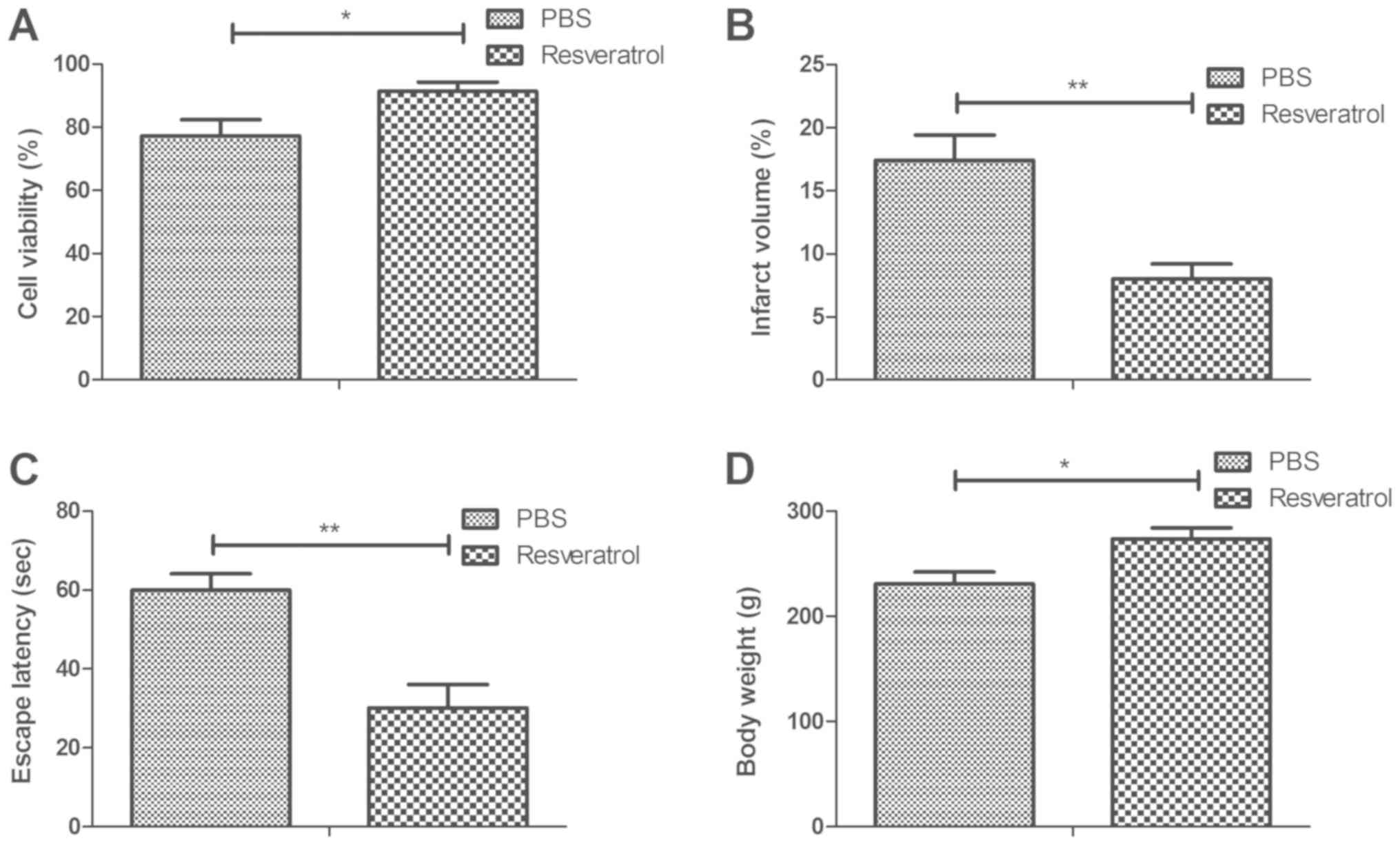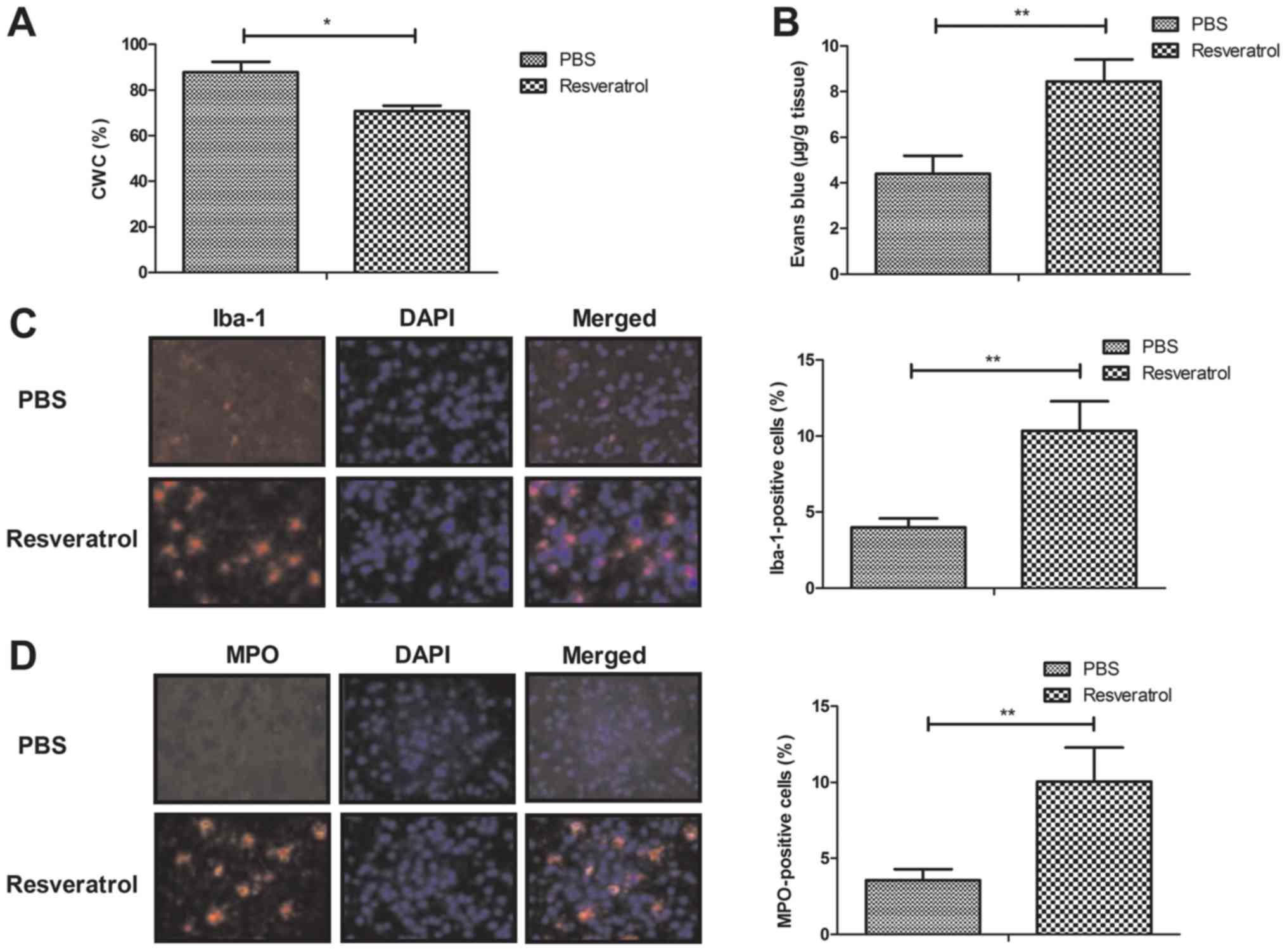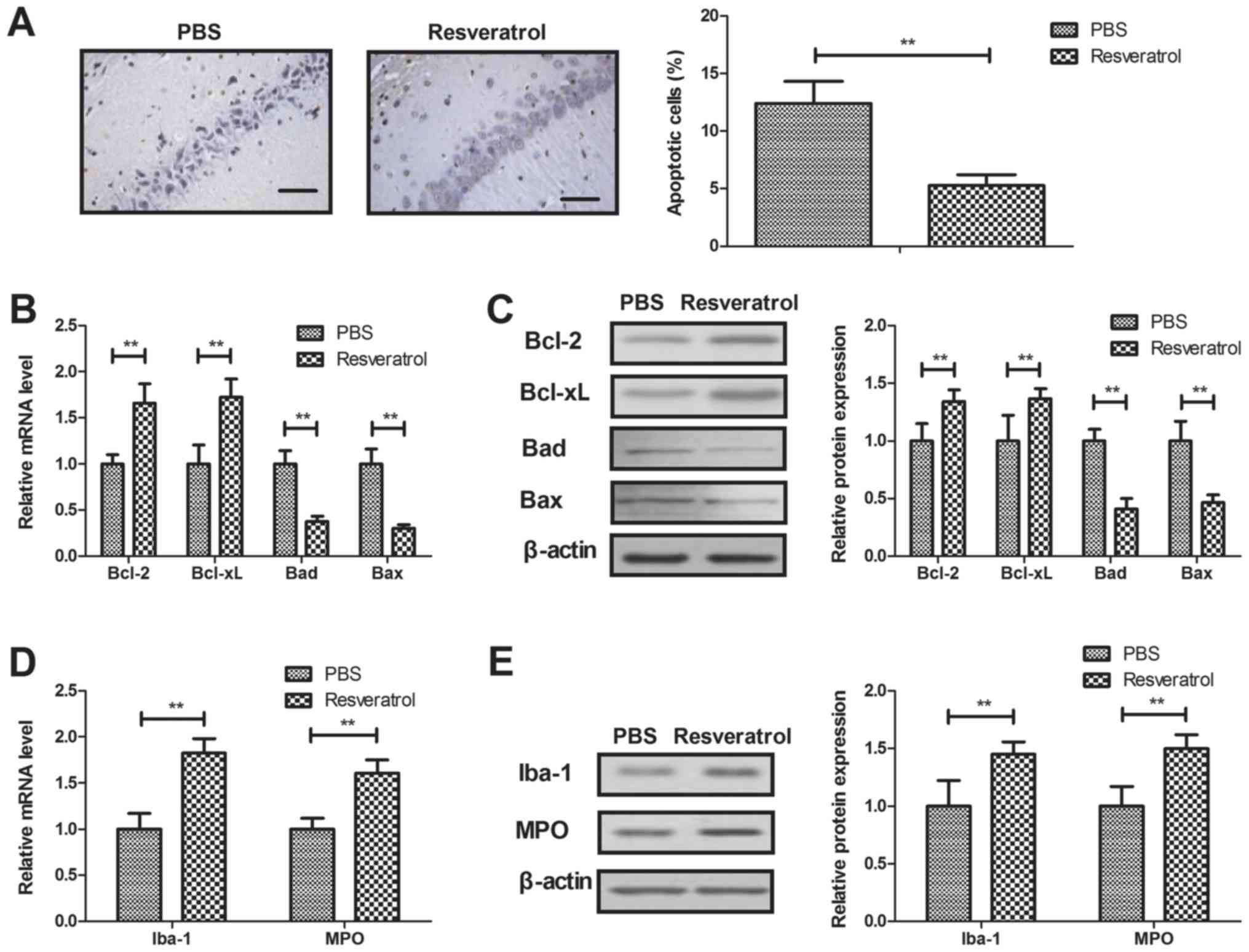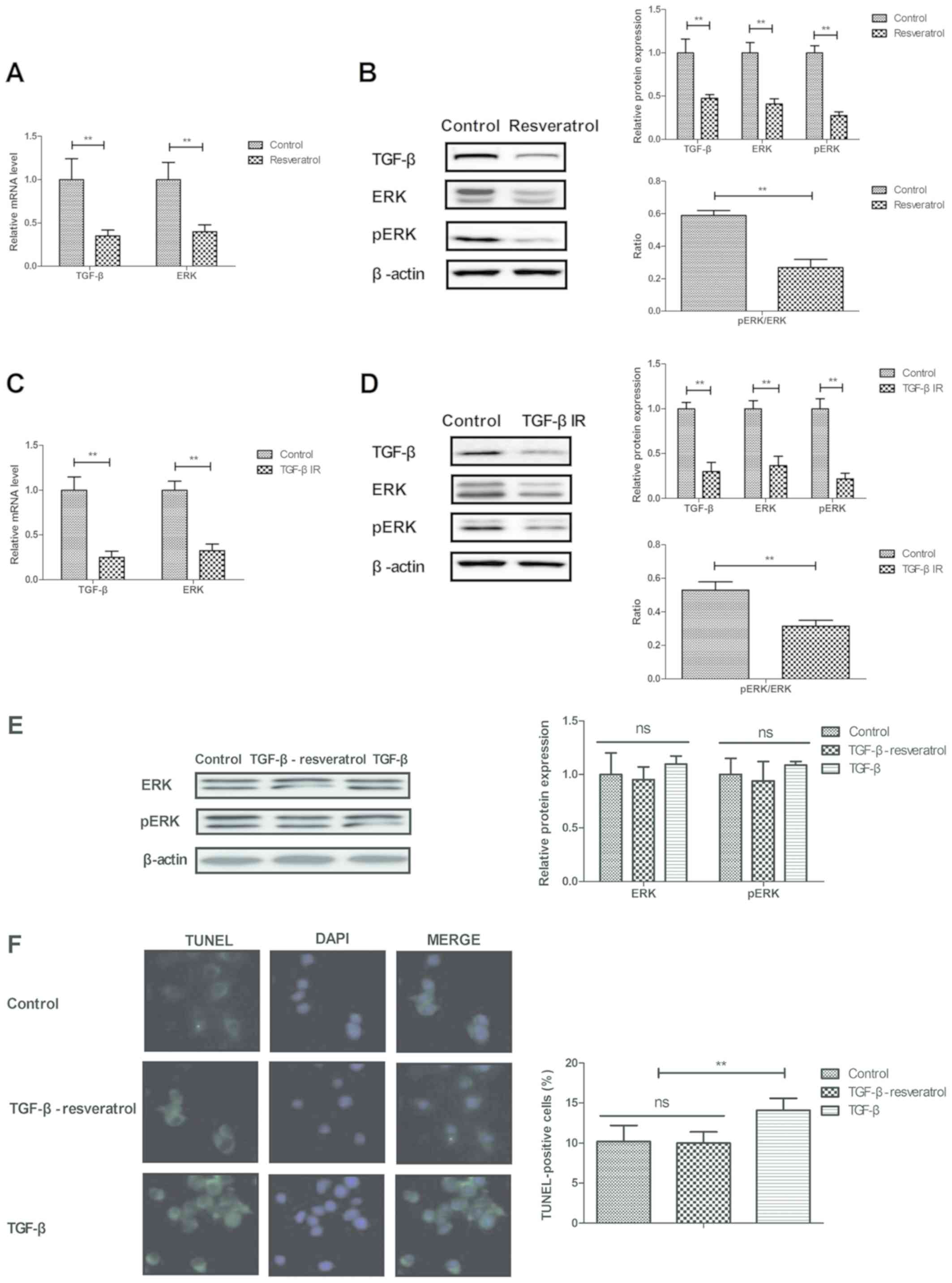|
1
|
Al-Mufti F, Amuluru K, Changa A, Lander M,
Patel N, Wajswol E, Al-Marsoummi S, Alzubaidi B, Singh IP, Nuoman R
and Gandhi C: Traumatic brain injury and intracranial
hemorrhage-induced cerebral vasospasm: A systematic review.
Neurosurgical focus. 43:E142017. View Article : Google Scholar : PubMed/NCBI
|
|
2
|
Shoamanesh A, Kwok CS, Lim PA and
Benavente OR: Postthrombolysis intracranial hemorrhage risk of
cerebral microbleeds in acute stroke patients: A systematic review
and meta-analysis. Int J Stroke. 8:348–356. 2013. View Article : Google Scholar : PubMed/NCBI
|
|
3
|
Bugeme M and Mukuku O: Neuropsychiatric
manifestations revealing cerebral subarachnoid hemorrhage caused by
electrification accident about a case and review of literature. Pan
AfrMed J. 18:2012014.(In French).
|
|
4
|
Wang X, Gao XD, Gao B, Jia LL, Yang MF,
Zhang YB and Sun BL: Cerebral lymphatic blockage aggravates
apoptosis of cortical neurons after subarachnoid hemorrhage in rats
in vivo. Sheng Li Xue Bao. 62:109–114. 2010.(In Chinese).
PubMed/NCBI
|
|
5
|
Jeong SI, Shin JA, Cho S, Kim HW, Lee JY,
Kang JL and Park EM: Resveratrol attenuates peripheral and brain
inflammation and reduces ischemic brain injury in aged female mice.
Neurobiol Aging. 44:74–84. 2016. View Article : Google Scholar : PubMed/NCBI
|
|
6
|
Li H, Yan Z, Zhu J, Yang J and He J:
Neuroprotective effects of resveratrol on ischemic injury mediated
by improving brain energy metabolism and alleviating oxidative
stress in rats. Neuropharmacology. 60:252–258. 2011. View Article : Google Scholar : PubMed/NCBI
|
|
7
|
Zou P, Liu X, Li G and Wang Y: Resveratrol
pretreatment attenuates traumatic brain injury in rats by
suppressing NLRP3 inflammasome activation via SIRT1. Mol Med Rep.
17:3212–3217. 2018.PubMed/NCBI
|
|
8
|
Karalis F, Soubasi V, Georgiou T, Nakas
CT, Simeonidou C, Guiba-Tziampiri O and Spandou E: Resveratrol
ameliorates hypoxia/ischemia-induced behavioral deficits and brain
injury in the neonatal rat brain. Brain Res. 1425:98–110. 2011.
View Article : Google Scholar : PubMed/NCBI
|
|
9
|
Logan TT, Villapol S and Symes AJ: TGF-β
superfamily gene expression and induction of the Runx1
transcription factor in adult neurogenic regions after brain
injury. PLoS One. 8:e592502013. View Article : Google Scholar : PubMed/NCBI
|
|
10
|
Sugawara T, Jadhav V, Ayer R and Zhang J:
Simvastatin attenuates cerebral vasospasm and improves outcomes by
upregulation of PI3K/Akt pathway in a rat model of subarachnoid
hemorrhage. Acta Neurochir Suppl. 102:391–394. 2008. View Article : Google Scholar : PubMed/NCBI
|
|
11
|
Aguilar-Alonso P, Vera-Lopez O,
Brambila-Colombres E, Segura-Badilla O, Avalos-López R,
Lazcano-Hernández M and Navarro-Cruz AR: Evaluation of oxidative
stress in cardiomyocytes during the aging process in rats treated
with resveratrol. Oxid Med Cell Longev. 2018:13904832018.
View Article : Google Scholar : PubMed/NCBI
|
|
12
|
Gamberini MT, Rodrigues DS, Rodrigues D
and Pontes VB: Effects of the aqueous extract of Pimpinella anisum
L. seeds on exploratory activity and emotional behavior in rats
using the open field and elevated plus maze tests. J
Ethnopharmacol. 168:45–49. 2015. View Article : Google Scholar : PubMed/NCBI
|
|
13
|
Vatter H, Weidauer S, Konczalla J,
Dettmann E, Zimmermann M, Raabe A, Preibisch C, Zanella FE and
Seifert V: Time course in the development of cerebral vasospasm
after experimental subarachnoid hemorrhage: Clinical and
neuroradiological assessment of the rat double hemorrhage model.
Neurosurgery. 58:1190–1197; discussion 1190–1197. 2006. View Article : Google Scholar : PubMed/NCBI
|
|
14
|
Hijioka M, Matsushita H, Hisatsune A,
Isohama Y and Katsuki H: Therapeutic effect of nicotine in a mouse
model of intracerebral hemorrhage. J Pharmacol Exp Ther.
338:741–749. 2011. View Article : Google Scholar : PubMed/NCBI
|
|
15
|
Hong H, Kim CJ, Kim JD and Seo JH:
β-glucan reduces exercise-induced stress through downregulation of
c-Fos and c-Jun expression in the brains of exhausted rats. Mol Med
Rep. 9:1660–1666. 2014. View Article : Google Scholar : PubMed/NCBI
|
|
16
|
Chen H, Guan B, Chen X, Chen X, Li C, Qiu
J, Yang D, Liu KJ, Qi S and Shen J: Baicalin attenuates blood-brain
barrier disruption and hemorrhagic transformation and improves
neurological outcome in ischemic stroke rats with delayed t-PA
treatment: Involvement of ONOO(−)-MMP-9 pathway. Transl Stroke Res.
9:515–529. 2017. View Article : Google Scholar : PubMed/NCBI
|
|
17
|
Livak KJ and Schmittgen TD: Analysis of
relative gene expression data using real-time quantitative PCR and
the 2(-Delta Delta C(T)) method. Methods. 25:402–408. 2001.
View Article : Google Scholar : PubMed/NCBI
|
|
18
|
Li R, Wu Y, Zou S, Wang X, Li Y, Xu K,
Gong F, Liu Y, Wang J, Liao Y, et al: NGF attenuates high
glucose-induced ER stress, preventing schwann cell apoptosis by
activating the PI3K/Akt/GSK3β and ERK1/2 pathways. Neurochem Res.
42:3005–3018. 2017. View Article : Google Scholar : PubMed/NCBI
|
|
19
|
Hausmann R, Biermann T, Wiest I, Tubel J
and Betz P: Neuronal apoptosis following human brain injury. Int J
Legal Med. 118:32–36. 2004. View Article : Google Scholar : PubMed/NCBI
|
|
20
|
Zhou XM, Zhou ML, Zhang XS, Zhuang Z, Li
T, Shi JX and Zhang X: Resveratrol prevents neuronal apoptosis in
an early brain injury model. J Surg Res. 189:159–165. 2014.
View Article : Google Scholar : PubMed/NCBI
|
|
21
|
Song J, Cho KJ, Cheon SY, Kim SH, Park KA,
Lee WT and Lee JE: Apoptosis signal-regulating kinase 1 (ASK1) is
linked to neural stem cell differentiation after ischemic brain
injury. Exp Mol Med. 45:e692013. View Article : Google Scholar : PubMed/NCBI
|
|
22
|
Ai Z, Li C, Li L and He G: Resveratrol
inhibits beta-amyloid-induced neuronal apoptosis via regulation of
p53 acetylation in PC12 cells. Mol Med Rep. 11:2429–2434. 2015.
View Article : Google Scholar : PubMed/NCBI
|
|
23
|
Chen X, Liu J, Feng WK, Wu X and Chen SY:
MiR-125b protects against ethanol-induced apoptosis in neural crest
cells and mouse embryos by targeting Bak 1 and PUMA. Exp Neurol.
271:104–111. 2015. View Article : Google Scholar : PubMed/NCBI
|
|
24
|
Taylor RA, Chang CF, Goods BA, Hammond MD,
Mac Grory B, Ai Y, Steinschneider AF, Renfroe SC, Askenase MH,
McCullough LD, et al: TGF-β1 modulates microglial phenotype and
promotes recovery after intracerebral hemorrhage. J Clin Invest.
127:280–292. 2017. View
Article : Google Scholar : PubMed/NCBI
|
|
25
|
Anderson CN and Tolkovsky AM: A role for
MAPK/ERK in sympathetic neuron survival: Protection against a
p53-dependent, JNK-independent induction of apoptosis by cytosine
arabinoside. J Neurosci. 19:664–673. 1999. View Article : Google Scholar : PubMed/NCBI
|


















